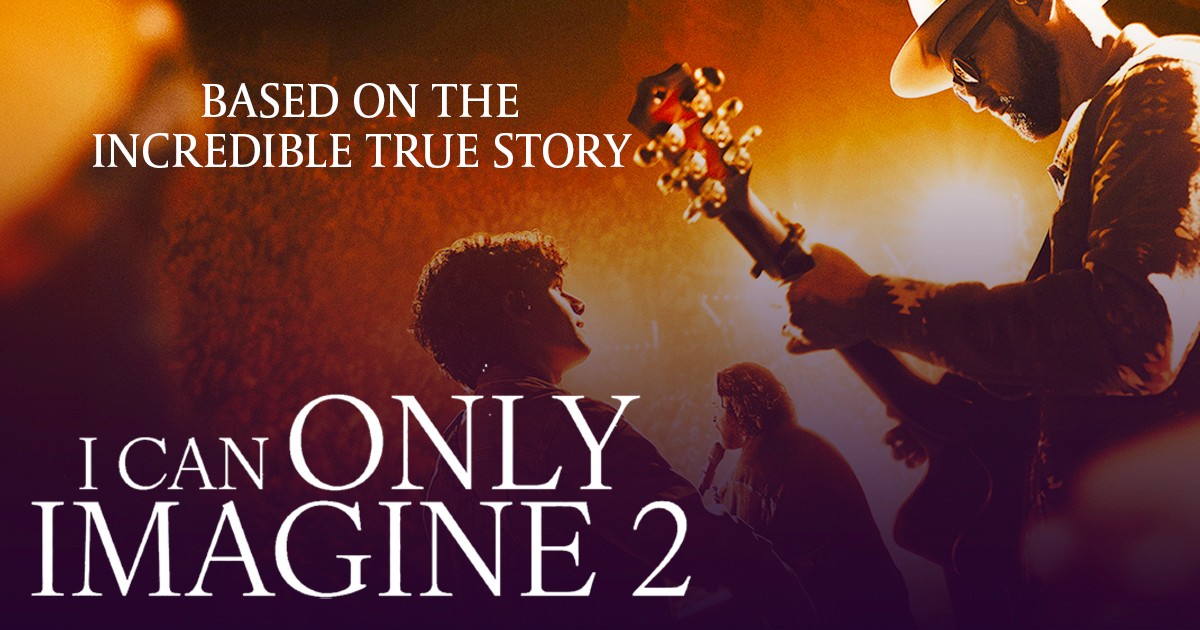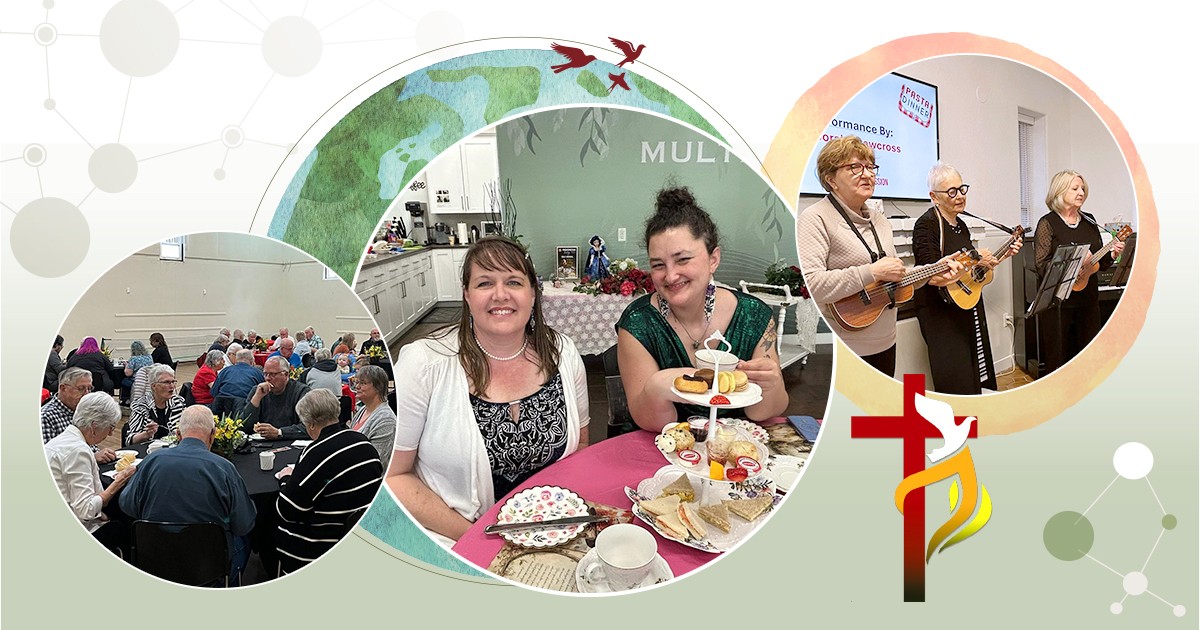 It is good to see a renewed emphasis on the arts in worship. Among other things, this gives congregations more diversity and creativity in expressing their gratitude, reverence and love for God. But using the arts comes with a caution: creative gifts have a tendency to replace the Giver. What can we do that will help us keep God the central subject of our worship services? Here are five suggestions.
It is good to see a renewed emphasis on the arts in worship. Among other things, this gives congregations more diversity and creativity in expressing their gratitude, reverence and love for God. But using the arts comes with a caution: creative gifts have a tendency to replace the Giver. What can we do that will help us keep God the central subject of our worship services? Here are five suggestions.
1. There are two important distinctives of a worship service: 1) worship is congregational or communal; 2) worship is a service―a type of work. Congregational worship is the work of the people (leitourgía, the Greek word for liturgy). While a variety of elements and a diverse group of people make up worship, the service is an act of unity. Emphasis needs to be on what the congregation does as a community rather than on individual contributions.
2. Attention needs to be paid to how a service is led. The pastoral task of worship leading is not introducing items on a program. Rather, it means coming prepared and ready to do our “worship work.” A minimal amount of direction is needed because we understand that worship is not something done for us that we watch and judge, but by us that we participate in and give.
3. Worship leaders need to give special attention to the words they speak as well as the words we all speak together. In our society, we are so bombarded with words that we automatically filter out much of the prattle. If we want our worship to be effective, we need to make sure the words we speak count.
Think about it. We will devote hours to musical rehearsal but little time to the words we say. Prayer becomes nothing more than religious clichés; calls to worship become slogans; transitions become meaningless musings. Empty words are like the annoying drone of flies in our ears; we simply want to swat them away.
Even if we lead extemporaneously, God deserves more than our clichés. Think about what you really want to say to God on behalf of and with the people of God. Prepare fresh, thoughtful language that speaks to a balanced diet of biblical themes and contributes to a fresh and vital faith.
4. In paying more attention to the words we speak, why not let Scripture do more of the speaking for us? There are people with gifts in worship planning who can creatively let Scripture guide a congregation through an entire service.
5. While the list of creative gifts people can give back to God in worship often centres on the arts, there is one important craft that is often overlooked: the art of writing. I'm not talking about writing a prayer or a dramatic sketch; I'm talking about writing a liturgy. Now, I know just the mention of the “L” word makes people nervous, but it shouldn't. Every worship service has its own liturgy, from a Catholic mass to a Vineyard service. What makes the difference is how the liturgy is worked out; how the people offer their service of worship.
Liturgical writers give us words for the work of worship. They understand that, for better or for worse, God has endowed us with speech. Words carefully chosen, used imaginatively, sparingly and intentionally, can take us with ever-deepening gratitude into the heart of God. They can help us focus on the subject of our worship, the God who has shown us his mercy in Christ. Liturgical writers do not announce or even explain. Instead, they invite us to participate together in our work as the people of God―the praise of his glorious grace.
Major Brenda Smith is the Executive Director of the Ottawa Bethany Hope Centre. A Scripture text that has guided her exploration of worship is the first commandment: “I am the Lord your God, who brought you out of Egypt, out of the land of slavery. You shall have no other gods before me” (Exodus 20:2-3).









Leave a Comment